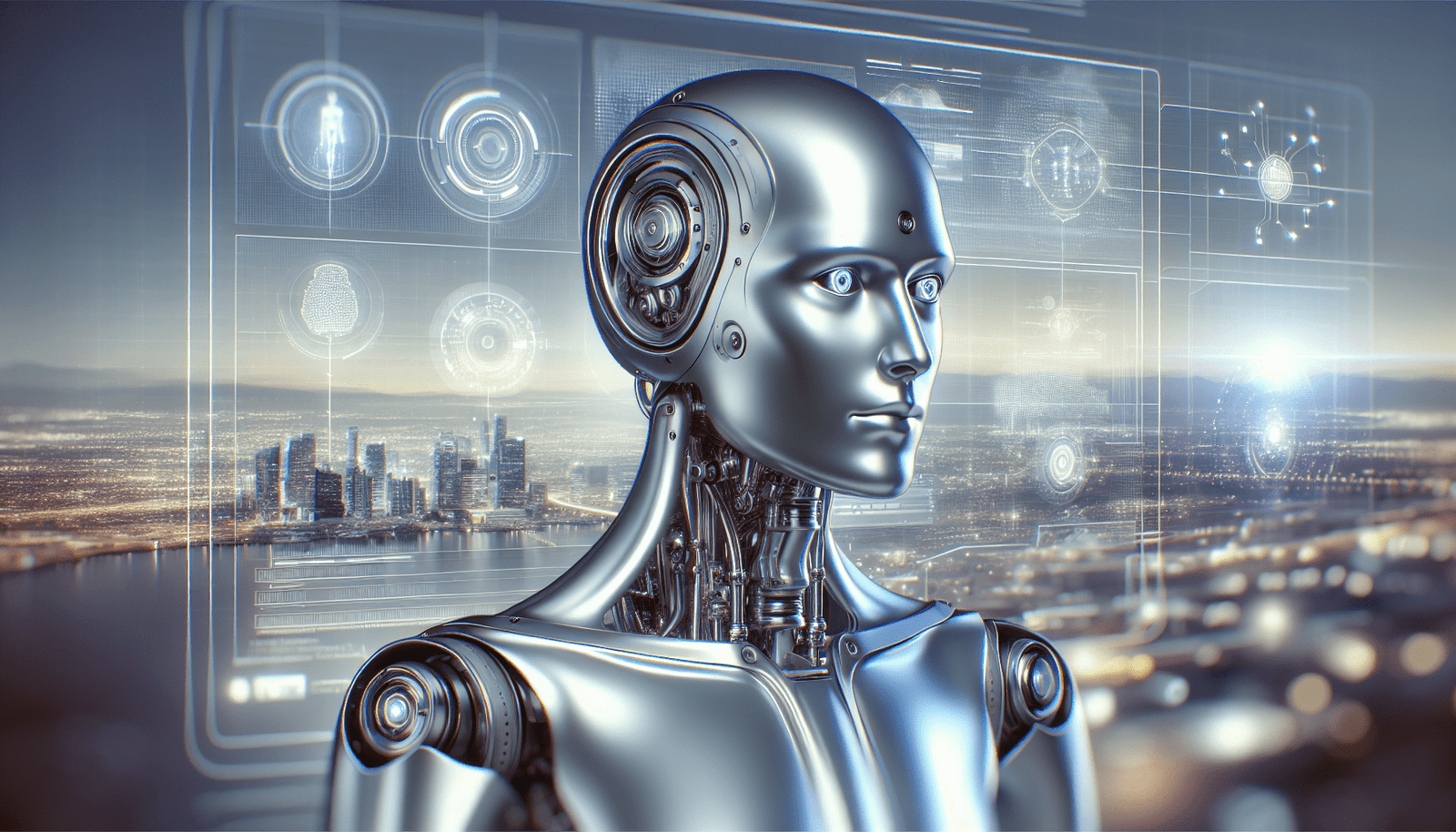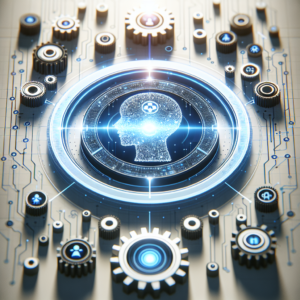What do you think about the rapid advancements in artificial intelligence technology? It seems like every day there’s a new innovation that changes the way we interact with the digital world. I find myself in awe of how AI is reshaping everything from healthcare to entertainment. Let’s take a closer look at the latest innovations that are making waves in the AI landscape.
Understanding Artificial Intelligence
Artificial Intelligence refers to the simulation of human intelligence in machines that are designed to think and learn like humans. I’ve always been fascinated by how AI can mimic cognitive functions such as problem-solving and understanding language. These capabilities open up a myriad of possibilities across different fields.
Types of Artificial Intelligence
In exploring AI, I realize that it can be divided into two main categories: Narrow AI and General AI.
-
Narrow AI: This type of AI is designed for a specific task. Whether it’s a virtual assistant like Siri or an AI that is used in customer service, Narrow AI performs its designated function remarkably well but lacks general intelligence.
-
General AI: Unlike Narrow AI, General AI possesses the ability to understand and reason across a variety of domains. While we haven’t fully realized true General AI yet, the pursuit of creating machines that can think and understand as well as humans is a significant goal in the field.
Recent Innovations in AI Technology
With the different types of AI in mind, it’s exciting to examine the latest innovations that are transforming industries and enhancing our everyday lives.
Natural Language Processing (NLP)
One of the most remarkable advancements in AI is in Natural Language Processing. I’ve witnessed how NLP enables machines to understand and interpret human language more effectively.
Key Applications of NLP
-
Chatbots: These AI-driven bots have become increasingly sophisticated. They’re used in customer service to handle inquiries autonomously, making communication seamless.
-
Translation Services: Language barriers are breaking down thanks to AI translation tools like Google Translate. These tools are continually improving their understanding of context and idioms, which is something I find incredibly useful.
-
Sentiment Analysis: Businesses use sentiment analysis to gauge public opinion through social media and reviews. I think this ability to understand sentiment helps organizations tailor their offerings to better meet customer expectations.
Machine Learning and Deep Learning
Machine Learning (ML) is another essential aspect of AI that has seen significant advancements. I’m excited to see how it allows systems to learn from data over time without being explicitly programmed.
Differences Between Machine Learning and Deep Learning
-
Machine Learning: Also involves algorithms that analyze data and make decisions based on patterns. It requires a bit of human intervention to supervise the learning.
-
Deep Learning: A subset of ML that employs neural networks with many layers. It’s capable of handling vast amounts of unstructured data, which makes it perfect for applications like image and speech recognition.
Computer Vision
Computer vision is at the forefront of AI innovations today. I’ve been amazed at how machines can interpret and make decisions based on visual data.
Real-world Applications of Computer Vision
-
Healthcare: AI-powered imaging tools assist doctors in diagnosing diseases through X-rays and MRIs with remarkable accuracy. It’s like having an expert assistant to double-check human interpretations.
-
Autonomous Vehicles: There’s a push towards self-driving cars, and much of this capability relies on computer vision. The AI recognizes objects in the environment, making decisions to navigate safely.
-
Retail: Stores are using computer vision for inventory tracking and customer behavior analysis. It’s fascinating to consider that some retailers can even identify when a customer needs assistance.
Ethical Considerations in AI
As we continue to develop AI technologies, I find it crucial to consider the ethical implications of their use.
Bias in AI
One of the pressing issues I see is the potential for bias in AI algorithms. If the training data contains biases, the AI will likely reproduce those biases in its decisions.
Importance of Diverse Data Sets
To combat this, it’s essential to ensure that AI is trained on diverse data sets that represent a wide range of perspectives. This step can help mitigate the risk of biased outcomes, ensuring fairness in AI-driven solutions.
Privacy Concerns
Another aspect that stands out to me is the importance of privacy. As AI systems gather and analyze data, there’s a growing concern about how personal information is managed. I appreciate companies that prioritize transparency in their data handling practices.
The Future of AI
Looking ahead, I can’t help but feel excitement about where AI technology is headed.
AI in Everyday Life
I envision a future where AI seamlessly integrates into our daily routines, making our lives more manageable. From smart homes that adapt to our preferences to advanced health-monitoring devices, the potential is limitless.
Enhanced Human-AI Collaboration
Moreover, I believe that the future will see stronger collaboration between humans and AI. This partnership can lead to more efficient workflows and innovative solutions across industries.
Continuous Learning Systems
Imagine AI systems that evolve with us. With continuous learning, AI could adapt and improve based on our actions, leading to tailored experiences. I find the thought of personalized AI assistants intriguing; they could grow to understand me better than any recommendation algorithm currently does.
AI Innovations in Various Industries
AI is not just a buzzword; it’s being adopted across various sectors, revolutionizing the way businesses operate.
Healthcare
In healthcare, AI is playing a transformative role. I’ve been particularly impressed by how predictive analytics can forecast patient outcomes and improve treatment plans.
Finance
In finance, AI algorithms analyze vast amounts of data to detect fraudulent activities. It’s amazing how quickly alerts can arise from patterns that would take humans much longer to identify.
Education
In education, AI-powered platforms provide personalized learning experiences. As an individual, I appreciate tools that adapt to my learning style, making the educational journey more effective.
Agriculture
AI is also making strides in agriculture. Precision farming uses AI to analyze soil health and crop conditions, enhancing productivity. I think it’s crucial for feeding the growing population sustainably.
Conclusion
Reflecting on the innovations in artificial intelligence technology, I realize we’re at the beginning of a new era. Each advancement brings new challenges and opportunities that have the power to shape our future.
AI is not just about replacing human effort; rather, it’s about complementing our capabilities to enhance society. I’m hopeful that as we continue to innovate, we’ll prioritize ethical considerations and harness the full potential of AI for the greater good. The conversation around AI is just getting started, and I’m excited to see where it leads us next.






